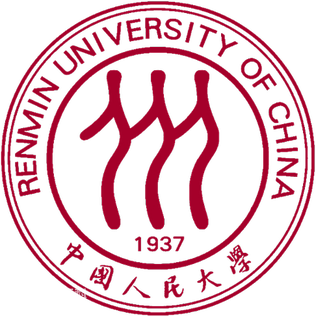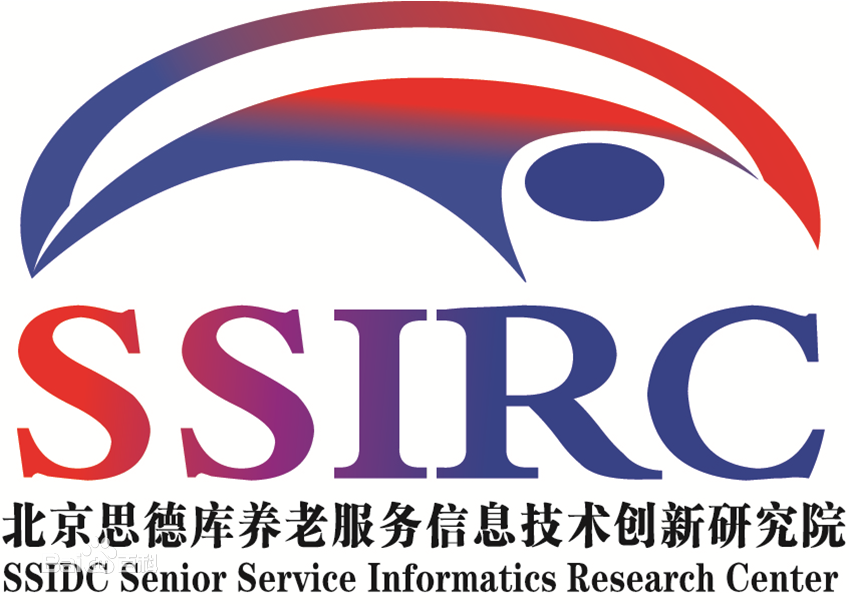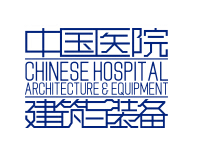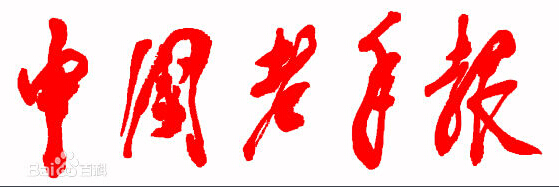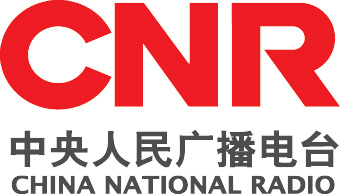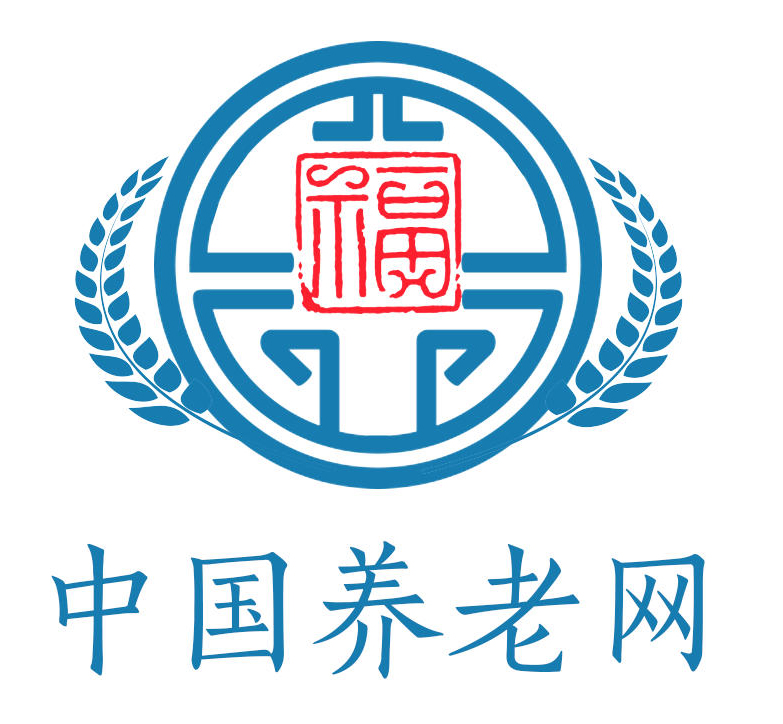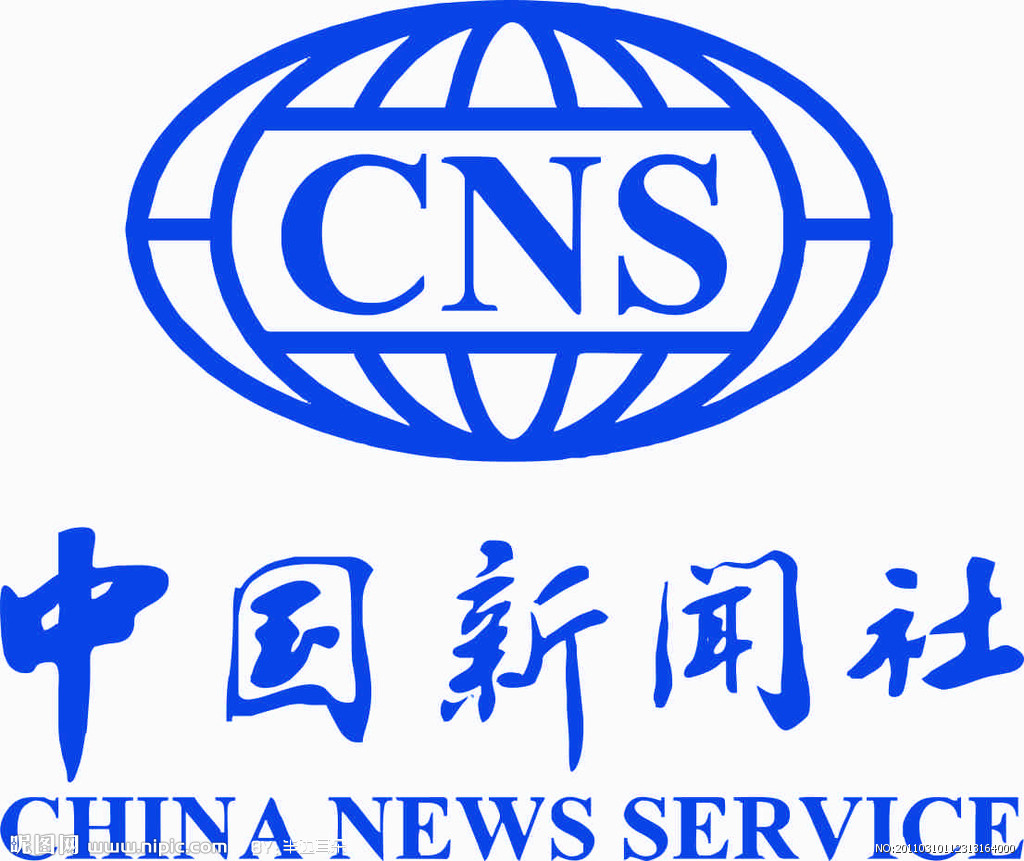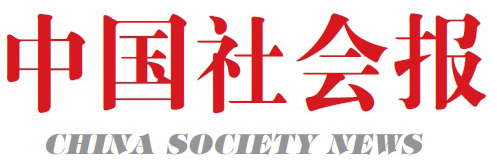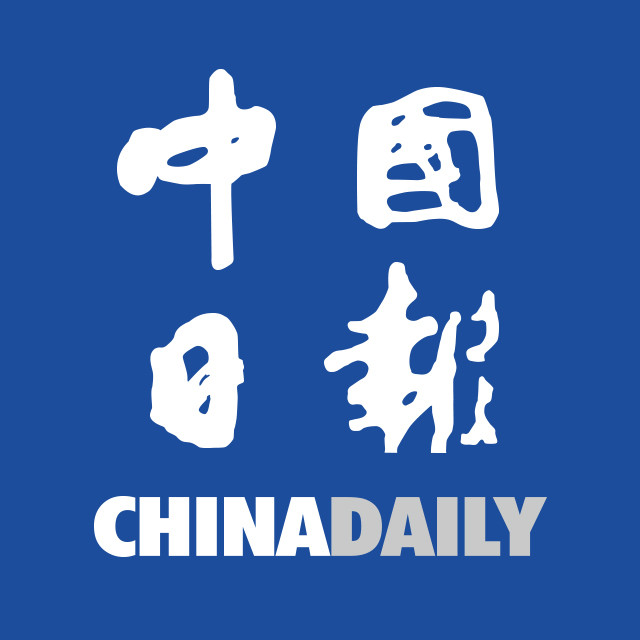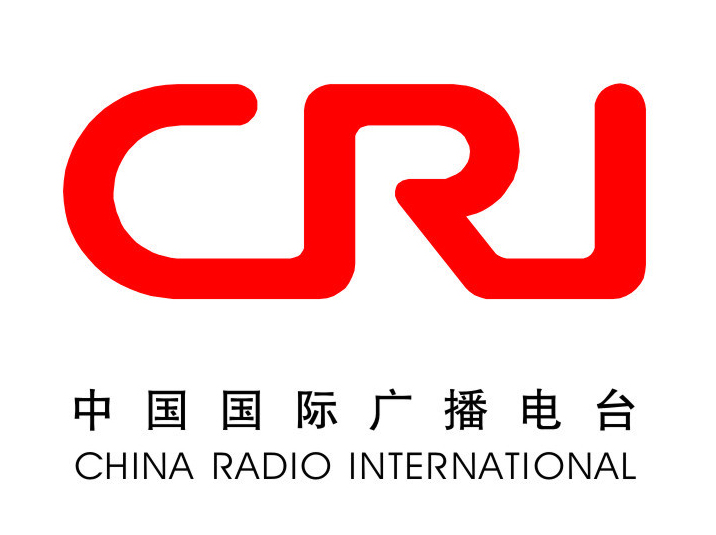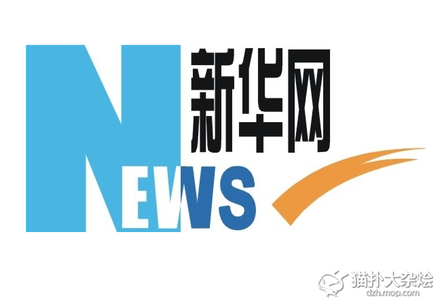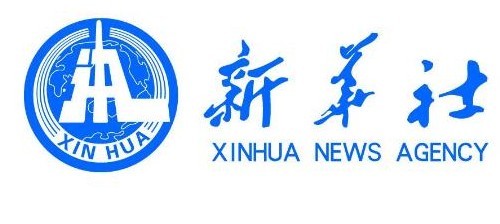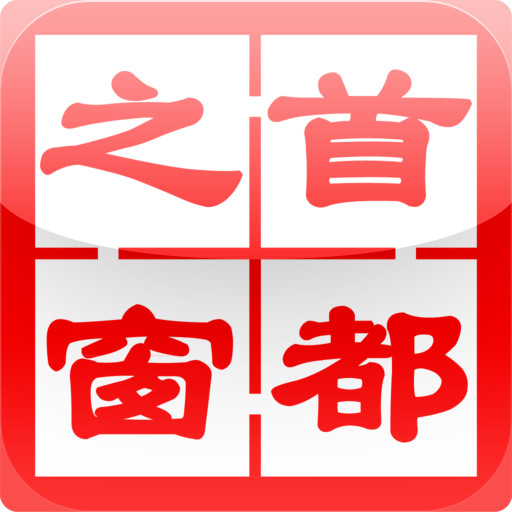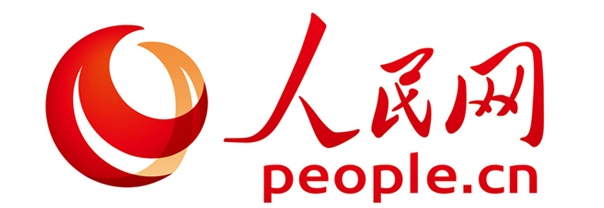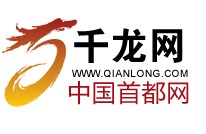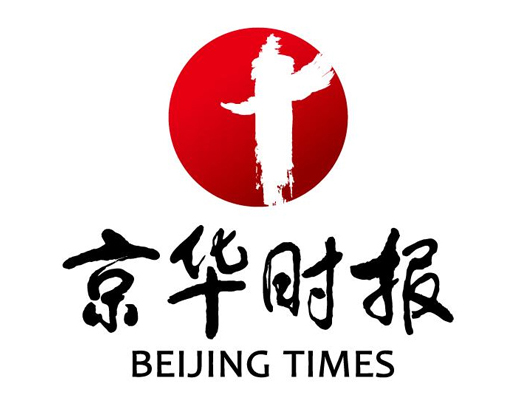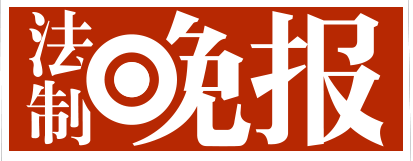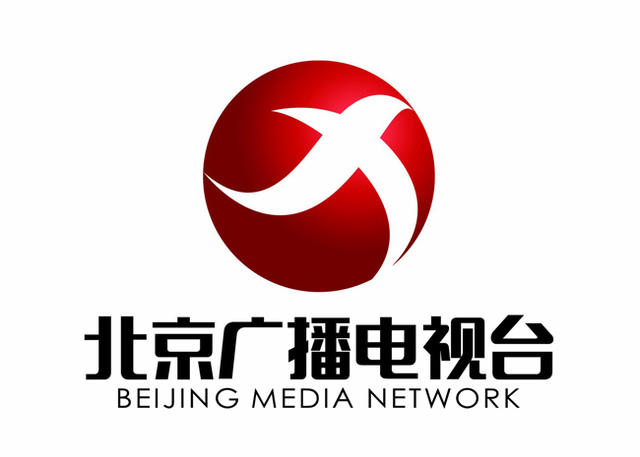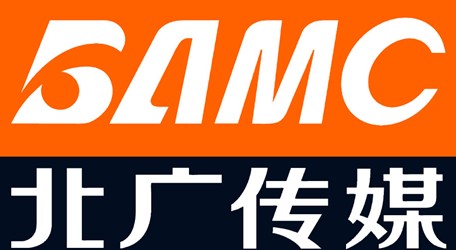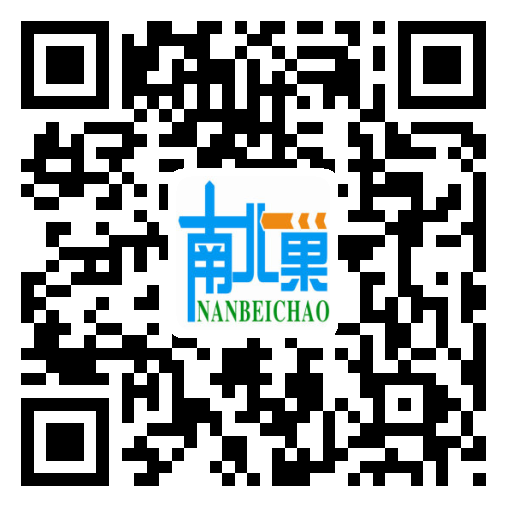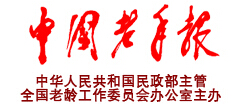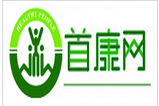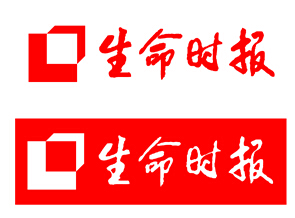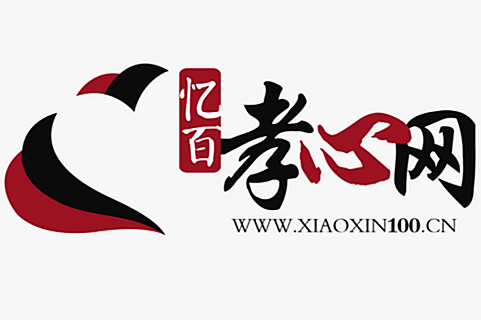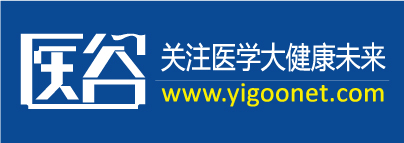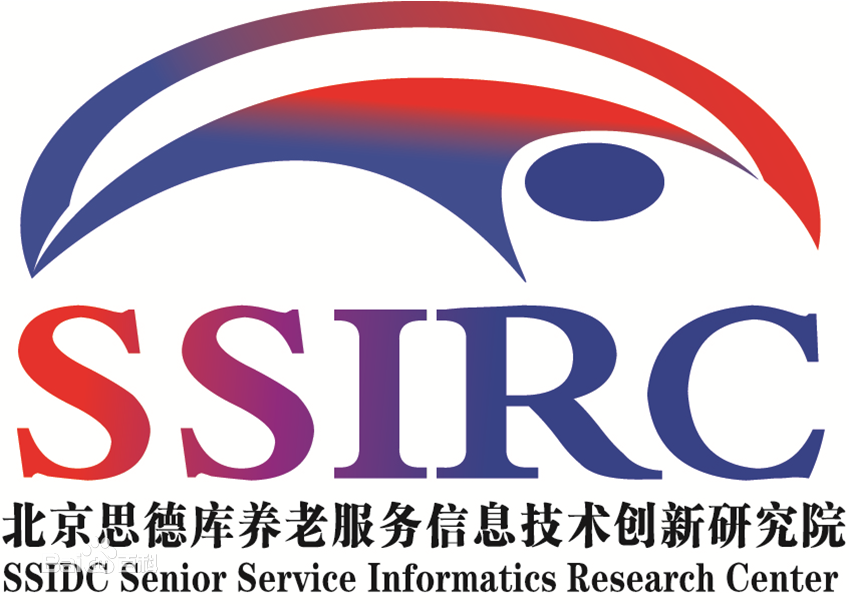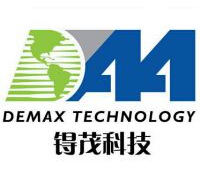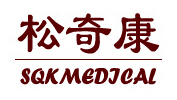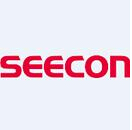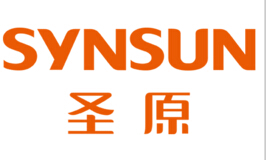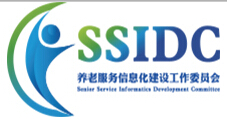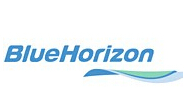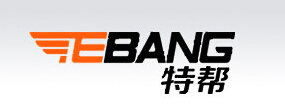
August 22-24,2019
IBM and CTA Foundation’s Outthink Aging study identified three areas in which cognitive computing can apply to the aging population, such as knowledge as a service.
A recent study by technology giant IBM and the Consumer Technology Association (CTA) Foundation, a public foundation that links seniors and people with disabilities with technologies to enhance their lives, shows that meeting the needs of a growing aging population will require new technologies, partnerships, ideas and business models.
The Outthink Aging study identified three key areas where cognitive computing can apply to the aging population, including knowledge as a service (KaaS).
Currently, non-profit groups including AARP and agencies connect with a range of partners such as banks to provide services including healthcare discounts, insurance plans, travel benefits, intellectual community involvement and entertainment.
Rather than those one-to-one relationships, the study concluded, in the future agencies and their partners will be able to tap into a central cognitive computing platform that combines consumer preferences, industry data, and public information that would enable them to provide new, specialized services to their members.
Second, a cognitively powered "town square" would help aging individuals stay connected within a community—one that provides support, services, social opportunities, advice and more, according to the study.
Leveraging a cognitive platform, any number of entities—cities, towns, agencies, hospital networks, telecommunication vendors and others—could quickly build a virtual community to deliver new powerful new solutions to older adults, ranging from home repair to shopping, medical support, educational opportunities, social events and more.
Finally, the study noted, cognitive computing could help prevent elder fraud through banking and investment institutions leveraging a cognitive platform to monitor, detect, prevent and learn from fraudulent activities aimed specifically at aging individuals.
"Technology is going to be incredibly important to the aging population. It will enable us to live at home longer and with a greater degree of independence," Steve Ewell, executive director of the CTA Foundation, told eWEEK. "There are a number of technology job opportunities that will come about because of this demographic shift."
The consumer health and fitness technology market has grown exponentially over the last few years, driven in large part by the popularity of fitness activity trackers, he noted. Unit sales of all wearables in 2016 are forecast to reach almost 48 million units, a 39 percent increase over last year.
Additionally, CTA found in its Active Aging report released earlier this year the combined market of older adults and caregivers in the United States represents 85 million consumers and a $42.7 billion market opportunity by 2020.
"The opportunity to track health data, have the options to share that information with caregivers and medical professionals and overcome challenges for those that are homebound or in rural communities with few easily accessible services will all be important to the growing aging population," he said.



